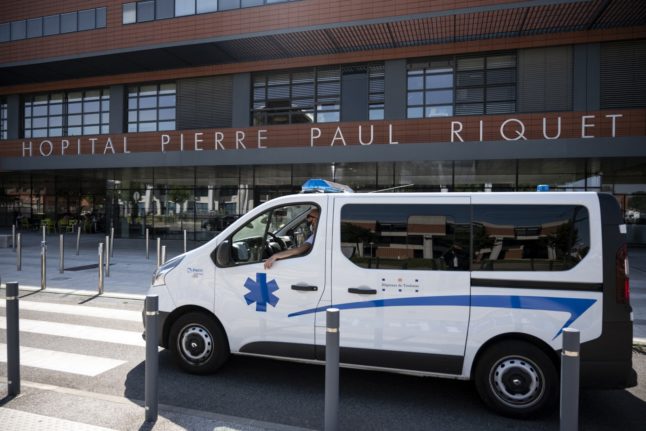But Ipswich-based Thompson & Morgan said it was co-operating with the investigation into the matter.
“Thompson & Morgan is aware of reports regarding an outbreak of E.coli infection affecting a small number of adults in France,” it said in a statement Saturday.
“The company is also aware that an unsubstantiated link has been made between the outbreak and the consumption of sprouting seeds,” added the group, which is based Ipswich, eastern England.
Frederic Lefebvre, French secretary of state for consumer affairs, on Friday linked seed sprouts sold by the company to 10 suspected cases of E.coli poisoning around the region of Bordeaux, southwestern France.
Most of those affected were hospitalised, suffering from bloody diarrhea.
Health authorities in France said that at least six of the 10 people hit there by E.coli were found to have eaten sprouts at a fete.
Lefebvre said the sprouts had been purchased at a Jardiland garden centre in France after having been grown from Thompson & Morgan seeds.
He stressed that a link between the symptoms and the consumption of the sprouts had not been definitively established.
But he called for the company’s mustard and rocket seed sprouts to be withdrawn from sale as a precautionary while tests were carried out.
Thompson & Morgan argued in its statement that “something local in the Bordeaux area or the way the product has been handled and grown, is responsible for the incident,” rather than its seeds.
It added: “The health and safety of the public is always of paramount concern to Thompson & Morgan and we will continue to fully co-operate with all investigations.”
Britain’s Food Standards Agency meanwhile reported no E.coli poisoning cases of its own.
“We have asked for further information from the French authorities… to help us carry out investigations in the UK,” it added.
Meanwhile, European governments are investigating the suspected E. coli poisoning in France for links to the killer outbreak in Germany, according to the European Commission.
“No formal European alert has been launched at this point, one that would mean a ban on sales” of the products concerned, a spokesman for health commissioner John Dalli said on Saturday.
However, “there is an exchange of information under way between France, Britain and Germany” after 10 people were infected near Bordeaux, south-western France.
Health authorities there said tests had shown two out of seven patients hospitalised were infected by the same strain of the disease as that found recently in Germany, which has killed 43 people in Europe.
This latest incident came in the wake of a recent outbreak of a strain of E.coli bacteria in Germany has killed at least 43 people.
Health officials there have blamed organic vegetable sprouts grown in northern Germany.
French health officials have said tests showed two people were infected by the same potentially deadly strain of E.coli as that found recently in Germany.
But they have not said whether there was a link between the two outbreaks.



 Please whitelist us to continue reading.
Please whitelist us to continue reading.